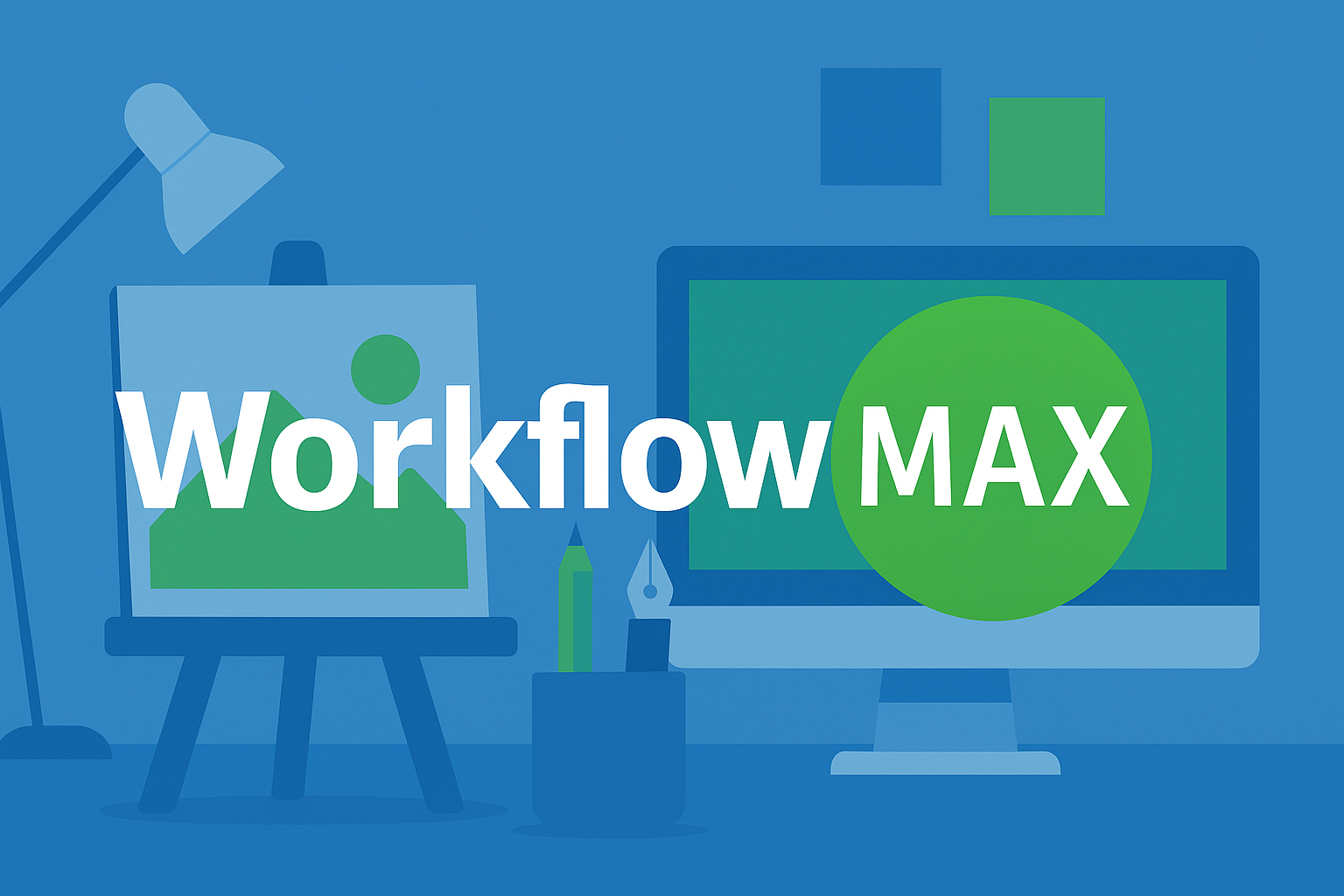Making Tax Digital for Income Tax Self Assessment (MTD for ITSA) changes how self-employed people and landlords report taxes. It uses digital tools to modernise tax reporting, cutting errors while making compliance simpler and more efficient.
MTD for VAT was just the first step. MTD for ITSA builds on this foundation. Digital records and quarterly submissions reduce the annual Self Assessment burden. This leads to more accurate reporting and better financial planning.
This system streamlines HMRC interactions, making record-keeping more efficient and providing regular tax liability estimates. It transforms tax processes from daunting to manageable.
The digital shift means fewer mistakes and a smoother experience for taxpayers. It creates an efficient, transparent tax system that works better for everyone.
Key dates for MTD for ITSA implementation
Starting in April 2026, Making Tax Digital for Income Tax Self-Assessment (MTD for ITSA) becomes mandatory for those with an income over £50,000. This is a significant step in the phased rollout aimed at modernising the tax process.
By April 2027, individuals earning between £30,000 and £50,000 will need to comply. This gradual implementation allows taxpayers to adjust to the new requirements, ensuring a smooth transition to digital record-keeping and quarterly updates.
There's more on the horizon. Future plans include expanding MTD for ITSA to those with incomes over £20,000. While specific dates for this phase are yet to be announced, it's clear that digital transformation will continue to evolve.
Compliance involves maintaining digital records and submitting quarterly updates, helping taxpayers stay on top of their finances. These changes simplify tax reporting, reducing errors and enhancing financial planning.
Staying informed about these timelines is crucial for a seamless experience. Understanding the requirements and preparing ahead of time will make the transition to MTD for ITSA much smoother.
Compliance requirements for MTD for ITSA
Sole traders, landlords, and partnerships with income above specific thresholds must comply with MTD for ITSA. This involves transitioning to digital records and using compatible software to manage tax submissions.
- Digital Records: Maintain accurate digital records of all income and expenses. This step ensures your data is up-to-date and ready for regular submissions to HMRC.
- Software Compatibility: Choose MTD-compatible accounting software. This is essential for submitting quarterly updates and the End of Period Statement (EOPS) annually.
- Quarterly Updates: Submit these updates to HMRC, summarising your financial activities. This helps keep your tax information current and reduces end-of-year stress.
- Exemptions: Certain individuals may be exempt from MTD requirements. It's crucial to check if you qualify for any exemptions based on income or other criteria.
- Preparation Tips: Start transitioning to digital systems early. Familiarise yourself with the software and processes to ensure a smooth switch. Regularly updating records can prevent last-minute issues and enhance your financial planning.
Staying informed and prepared is key. Understanding these compliance steps will make your transition to MTD for ITSA seamless and efficient.
The future of tax reporting
Making Tax Digital for Income Tax Self-Assessment (MTD for ITSA) is transforming tax reporting. The shift to digital creates an efficient system with fewer errors. By cutting manual entry and providing regular updates, businesses can manage their finances better and plan ahead.
The digital transformation will evolve further, likely expanding to include more income brackets. This progress pushes businesses to embrace technology, boosting their operational efficiency.
Taking action now matters. Planning ahead helps you avoid penalties and gain an advantage. Your business can use this digital shift to improve financial processes and focus on growth.
The benefits stand out. Beyond meeting requirements, these changes make tax management simpler and more effective. Embracing this shift leads to a smoother, more reliable tax experience for everyone.


-1.png?width=704&name=wkflwmx10%20(1)-1.png)
.png?width=704&name=wfmx8%20(1).png)
